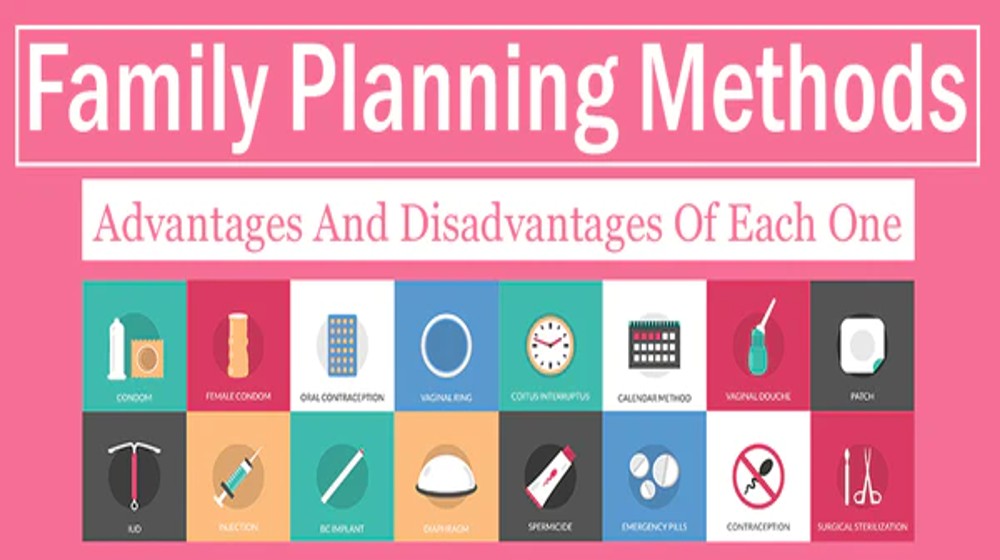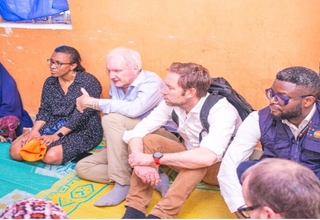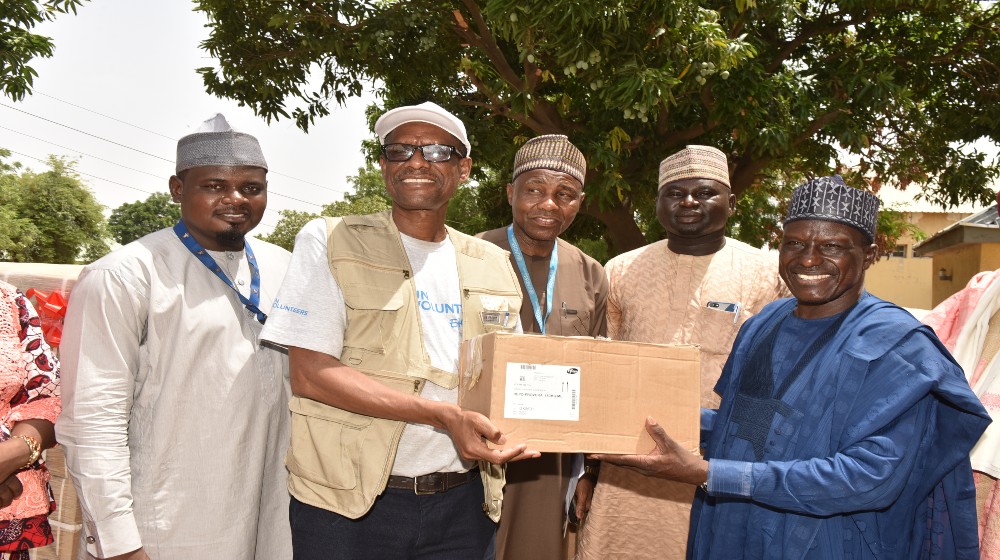The use of modern and conventional FP commodities for contraception saves lives by preventing maternal and infant mortality and morbidity associated with unintended pregnancies1. Limited access to family planning commodities is a contributing factor to unmet needs for contraception by over 225 million women of reproductive age (WRA) in developing countries that are not using effective contraceptive methods2. Access to contraceptives is recognized to play a key role in the achievement of national and international development goals including the Sustainable Development Goal 3 and FP2030 targets and objectives.
The Government of Nigeria (GoN) through the Federal Ministry of Health (FMOH), in collaboration with Development Partners, is one of the first countries in Sub-Saharan Africa to incorporate Reproductive Health Commodity Security (RHCS) into its programs in 2002. In 2003, the Strategic Plan for Reproductive Health Commodity Security (SPRHCS) was developed and rolled out to ensure sustained universal access to and use of family planning (FP) commodities by men and women of reproductive age including young people 3. The Federal Government of Nigeria (FGoN) is committed to ensuring that reproductive health services are accessible to all Nigerians.
This is spelled out in the various Reproductive Health Policies from 1988. Effective governance and regulatory frameworks are among the main vehicles through which FMOH achieves its family planning targets. Health governance is guided by several legal frameworks including the 1999 Constitution as amended, the National Health Act of 2014, the Procurement Act (2007), etc. The focus is on the reliability of the supply of quality FP commodities to meet clients’ needs and the prevention of stock-outs, addressing the sustainable supply of quality FP commodities at all levels of the supply chain.
This is meant to enhance the right-based approach which entails implementing programmes that aim to fulfill the rights of all individuals to choose whether, when, and how many children to have, and to act on those choices through high-quality FP information, services, and commodities. Most states do not have any funds dedicated to FP or a budget line for the procurement of additional FP commodities or for extensive FP programming, training, awareness creation, or supervision.




